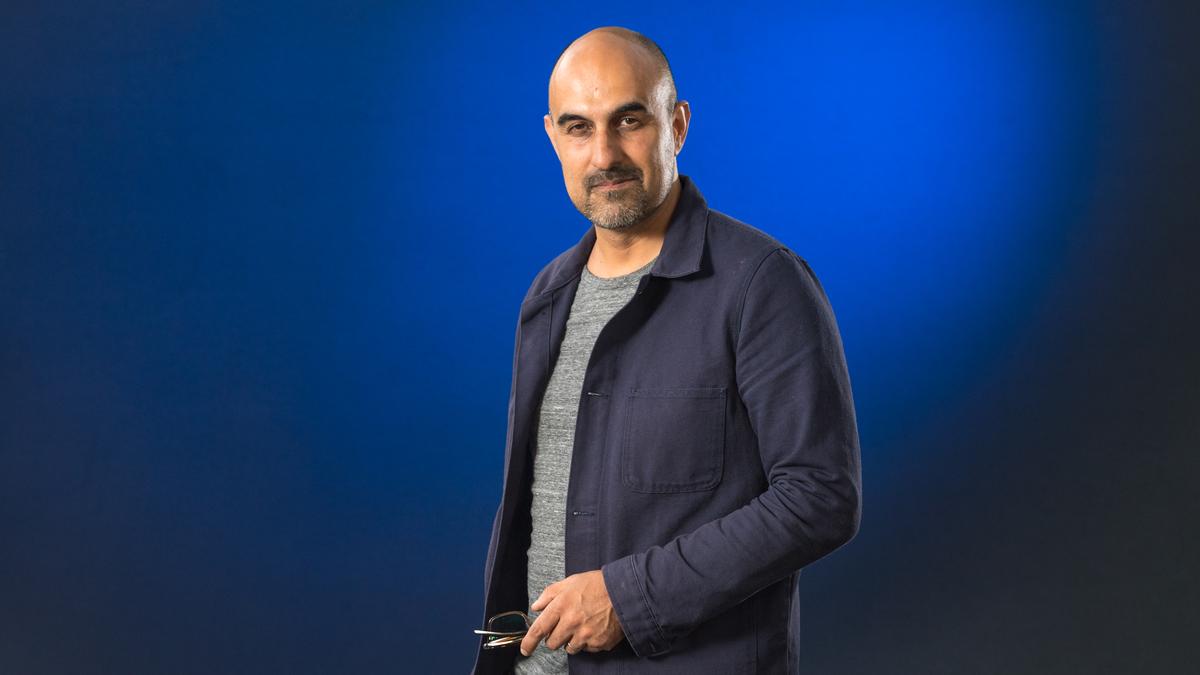
Interview | Energy hungry models of AI will accelerate climate crisis: Hari Kunzru
The Hindu
British novelist Hari Kunzru, known for his trilogy exploring art, money, and passion, discusses writing, AI, and solidarity among writers. His new novel is Blue Ruin
Ever since he burst onto the literary firmament with a million-pound advance for his debut novel The Impressionist (2002), British novelist Hari Kunzru, 54, has continued to write at a steady clip, with seven novels and many short stories and essays to his credit. His latest, Blue Ruin (Simon & Schuster), is the last of a loose trilogy preceded by White Tears (2017) and Red Pill (2019), all connected only thematically.
Set during the pandemic, Blue Ruin, through the central characters of artists Jay and Rob, explores largely the world of contemporary art and the conflicting pursuit of art for money versus art for passion. Neatly woven in the novel are themes such as love and friendship, money, gender, race, social inequality, as Kunzru shifts the narrative from pandemic days in upstate New York to 90s London. Edited excerpts from an interview:
I wanted to write a novel that had a particular kind of shape and a particular set of concerns. I use the word romance for it sometimes not just because there’s a love story in there, but more because of the traditional form of the romance, this European form where people are taken out of their normal worlds and thrown into a kind of situation which can be sometimes magical and, in some ways, it is out of their normal life.
Actually, it came about almost by accident. Once you have a ‘white’ novel and a ‘red’ novel, there’s a kind of an inextricable pull towards writing a ‘blue’ novel.
I am aware of Kieślowski’s trilogy, which actually came out when I was quite young. They were in the back of my mind but I can’t say there was a particular formal or thematic connection to them.
Every single person has to face this whether they are artists or not. As a writer, you are faced with this paradox in a slightly different way, you have to be able to communicate widely enough and entertainingly enough that other people want to read. Most writers want to try and create something that’s original, that actually stretches people or changes things in some way.
So, it is a kind of negotiation that everybody has to do and it is especially intense in the art world where there are large sums of money to be made if you created a particular kind of work and if you are lucky.













